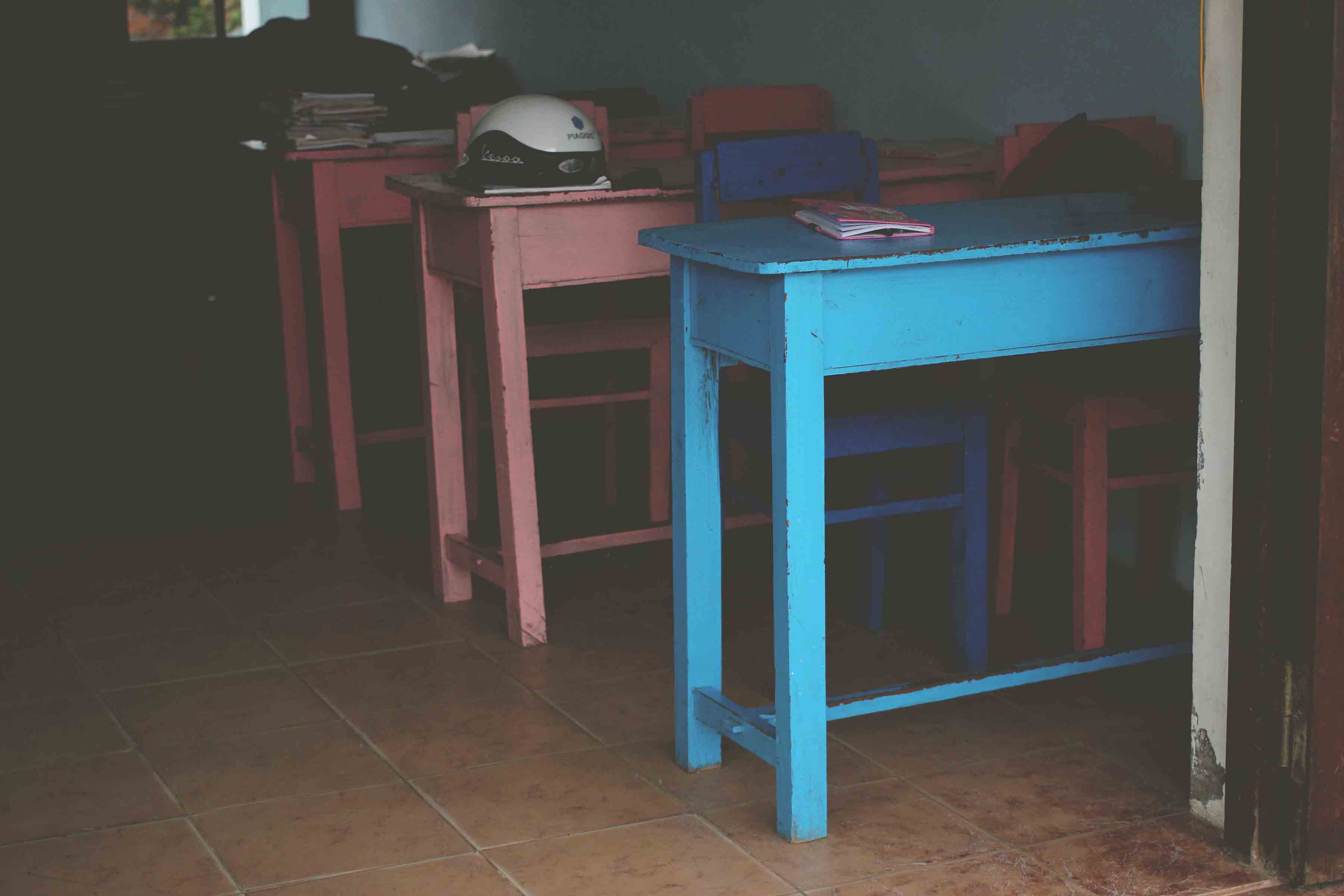Title: From novice to expert: agroecological competences of children orphaned by AIDS compared to non-orphans in Benin
Author: Rose C Fagbemissi, Lisa L Price
Date: 2011
Abstract: Background: AIDS has created new vulnerabilities for rural African households due to prime-age adult mortality and is assumed to lead to impairment of the intergenerational transfer of farming knowledge. There has been scant research to date, however, on the impacts of parental death on farming knowledge of children made orphans by AIDS. The question we investigate is if there is a difference in agricultural expertise between AIDS affected and non-affected adults and children. Methods: The research was carried out in rural Benin with 77 informants randomly selected according to their AIDS status: 13 affected and 13 non-affected adults; 13 paternal, 13 maternal and 13 double orphans; and 12 non-orphan children. Informants descriptions from pile sorting exercises of maize and cowpea pests were categorized and then aggregated into descriptions based form (morphology) and function (utility) and used to determine whether the moving from novice to expert is impaired by children orphaned by AIDS. Differences and similarities in responses were determined using the Fischer exact test and the Cochran-Mantzel-Haenszel test. Results: No significant differences were found between AIDS affected and non-affected adults. Results of the study do reveal differences in the use of form and function descriptors among the children. There is a statistically significant difference in the use of form descriptors between one-parent orphans and non-orphans and in descriptors of specific damages to maize. One-parent paternal orphans were exactly like non-affected adults in their 50/50 balanced expertise in the use of both form and function descriptors. One-parent orphans also had the highest number of descriptors used by children overall and these descriptors are spread across the various aspects of the knowledge domain relative to non-orphans. Conclusions: Rather than a knowledge loss for one-parent orphans, particularly paternal orphans, we believe we are witnessing acceleration into adult knowledge frames. This expertise of one-parent orphans may be a result of a combination of factors deserving further investigation including enhanced hands-on work experience with the food crops in the field and the expertise available from the surviving parent coupled with the value of the food resource to the household.
[button link=” http://www.mendeley.com/research/novice-expert-agroecological-competences-children-orphaned-aids-compared-nonorphans-benin/” color=”green” newwindow=”yes”] View Online [/button]

